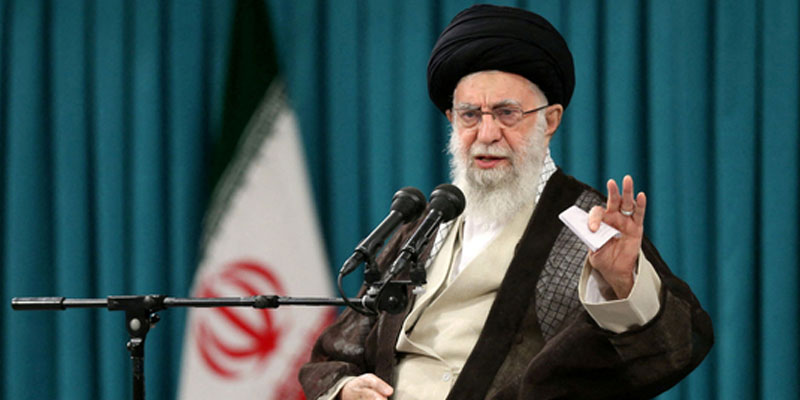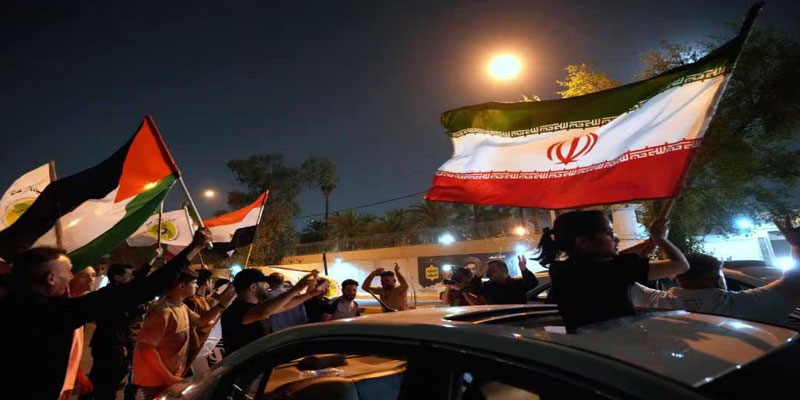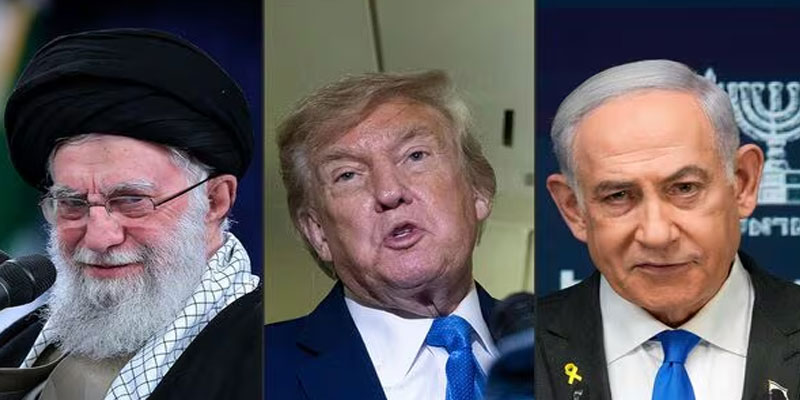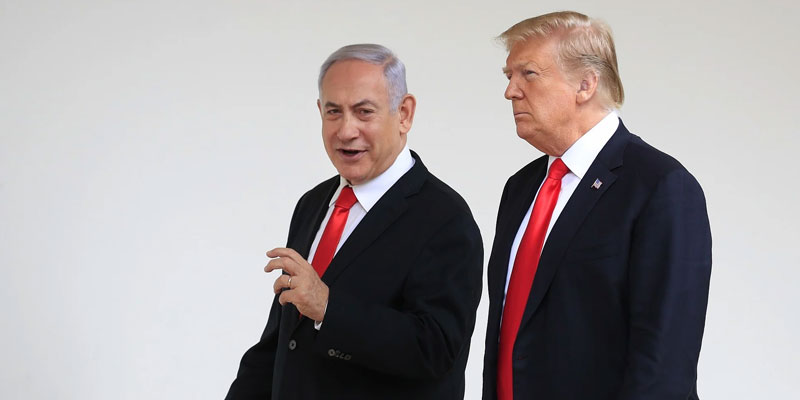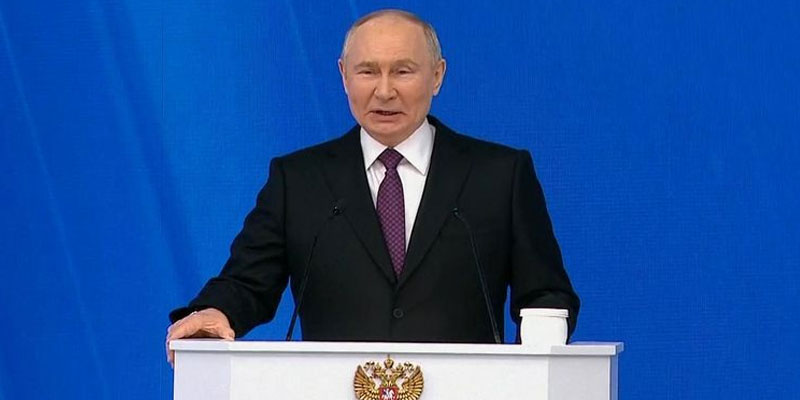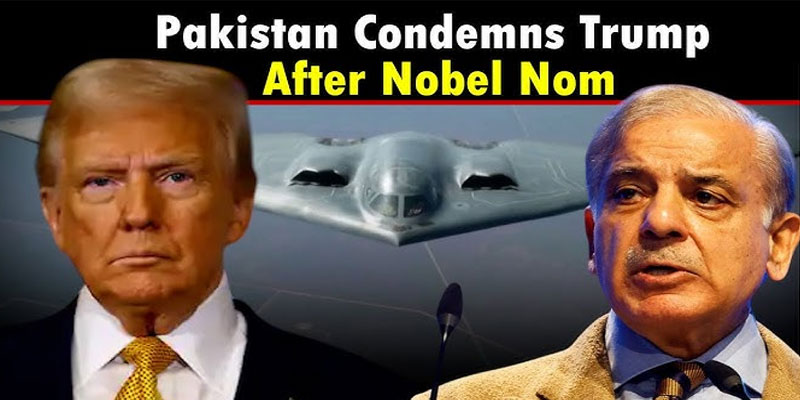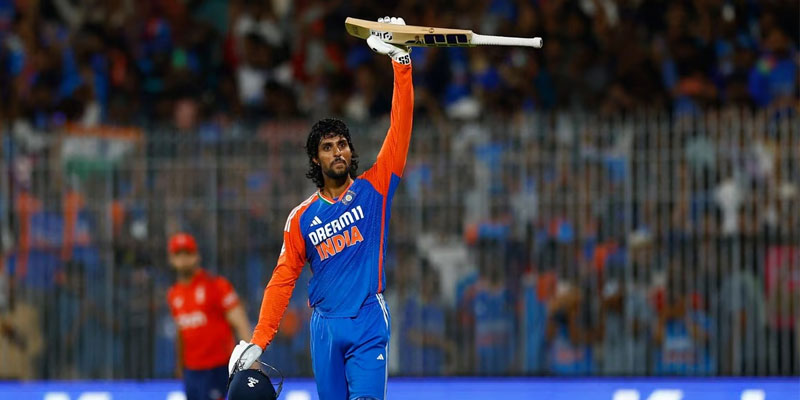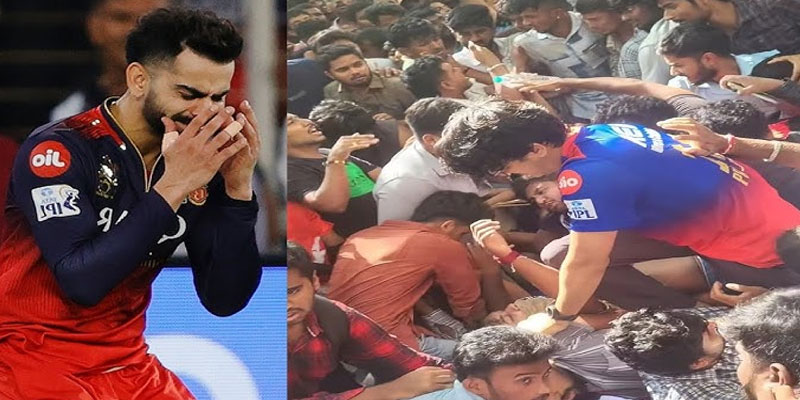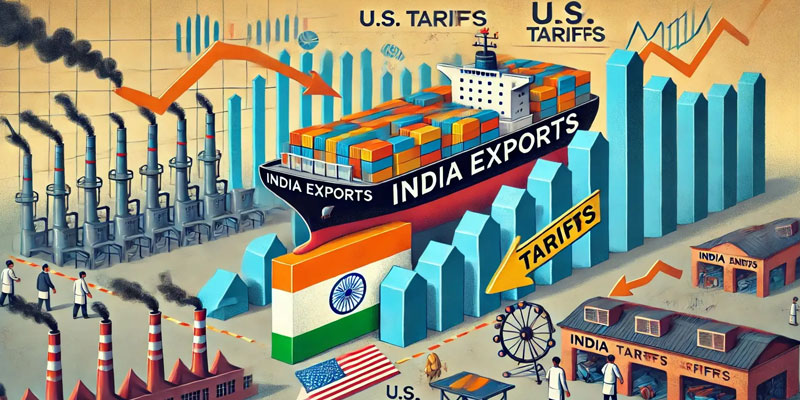Cracks in China's “Neutral” Stance
Since the outbreak of the Russia-Ukraine war in 2022, China has maintained a careful posture of neutrality—refusing to directly condemn Russia’s invasion while urging peace talks and calling for respect of territorial sovereignty. Beijing has repeatedly emphasized that it is neither a participant nor an instigator in the ongoing war, portraying itself as a potential peace broker. However, growing intelligence reports and battlefield discoveries have begun to tell a different story—one that suggests quiet complicity, if not active engagement.
This carefully curated image of neutrality came under intense scrutiny when Ukrainian President Volodymyr Zelensky accused Beijing of allowing Chinese nationals to be recruited into Russian forces. After China's outright denial, Kyiv took a bold and controversial step: it violated international humanitarian law by publicly parading Chinese prisoners of war captured in combat—an act designed not just to shame Beijing, but to force the world to acknowledge the growing complexity of China’s role in this global conflict.
The Breaking Point: Zelensky’s Accusations and China's Denial
Speaking at a press event, President Zelensky revealed that at least 155 Chinese nationals are currently fighting on Ukrainian soil, aligned with Russian forces. He claimed that two had already been captured in Donetsk, the eastern front line of the war, and accused Russia of “dragging China into the war” by enlisting its citizens and putting them through military training.
In response, China’s foreign ministry vehemently denied the accusation, reiterating its neutral stance and rejecting any suggestion of its nationals being involved in military operations. “China is not a participating party,” a spokesperson said, urging other countries to “refrain from irresponsible remarks.”
But Ukraine, facing dwindling U.S. support and an intensifying Russian offensive, decided that a diplomatic exchange was not enough. Instead, Kyiv chose to prove Beijing wrong in a way that would capture global attention—at the cost of breaching humanitarian protocol.
The Controversial Display: Chinese POWs Go Public
In a rare and controversial move, the Ukrainian military paraded two captured Chinese nationals in front of international media, including CNN, in an event that Kyiv admitted was meant to “force a conversation” about China’s role in the war.
Dressed in combat fatigues, the prisoners sat under armed guard and were interviewed via a translator. They described their recruitment experience, which, according to their testimonies, began with financial desperation. One man said he lost his job during the COVID-19 pandemic and was lured by promises of 250,000 rubles per month (around $3,000 USD)—double what he could earn at home.
Expecting to serve in medical roles, the men said they were instead subjected to combat training and deployed to the front lines. Communication proved difficult, as all military documents were in Russian, and the Chinese fighters had to rely on hand signals to communicate in the battlefield.
A Ukrainian intelligence official showed CNN a military contract allegedly signed by another Chinese fighter—not among the paraded POWs—which confirmed commitments to combat duties, martial law responsibilities, and participation in "international peacekeeping" activities. This document, if authenticated, could serve as damning evidence against China’s claimed ignorance of its nationals’ involvement.
A Calculated Violation: Legal and Ethical Fallout
According to the International Committee of the Red Cross (ICRC), prisoners of war must be protected from public curiosity and media exposure. By revealing their identities and broadcasting their confessions, Ukraine violated the Geneva Conventions, a move Kyiv does not deny.
The Ukrainian government justifies its decision as a necessary breach, one that highlights the hypocrisy of nations who publicly deny involvement while covertly facilitating military aid and manpower. The incident is not only about exposing China, but also about regaining Western attention, especially as U.S. aid to Ukraine has slowed, and Washington’s political climate remains preoccupied with domestic issues.
By aligning its message with anti-China sentiment currently prevalent in U.S. politics, particularly under the Trump-led Republican narrative, Kyiv aims to draw the spotlight back to its cause and to rekindle support from the West by emphasizing China’s quiet but critical support of Moscow.
Beijing’s Dilemma and Kyiv’s Gamble
With Chinese nationals now confirmed to be fighting in Ukraine—voluntarily or otherwise—Beijing’s carefully maintained neutrality stands on shaky ground. Whether these individuals acted independently or were funnelled through unofficial channels, the burden is now on China to explain how its citizens became combatants in a war it claims to be uninvolved in.
President Zelensky’s bold move has left Beijing diplomatically cornered and morally compromised, forcing international observers to reassess China's role in the Ukraine conflict. While Ukraine’s decision to expose the prisoners has drawn criticism from legal watchdogs, it has also succeeded in reigniting global conversation about the true nature of foreign involvement in this war.
In a conflict increasingly shaped by geopolitical alliances, Kyiv has chosen provocation over silence, revealing uncomfortable truths that many global powers might prefer to ignore. Whether this gamble pays off diplomatically or backfires legally remains to be seen—but it has certainly ensured that China’s “neutrality” will no longer go unquestioned.
(With inputs from agencies)

Geo Politics


